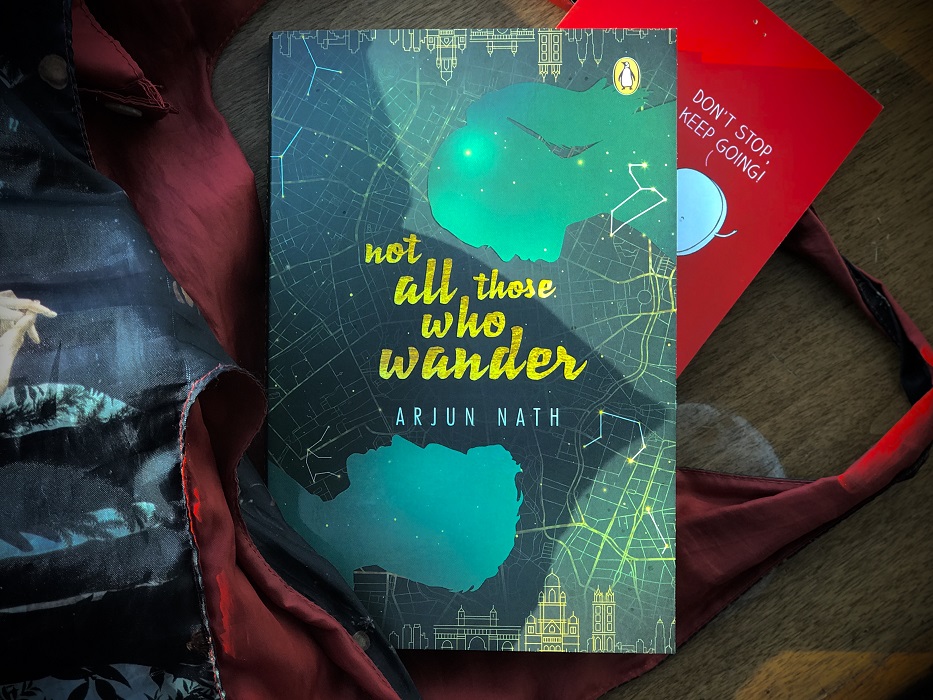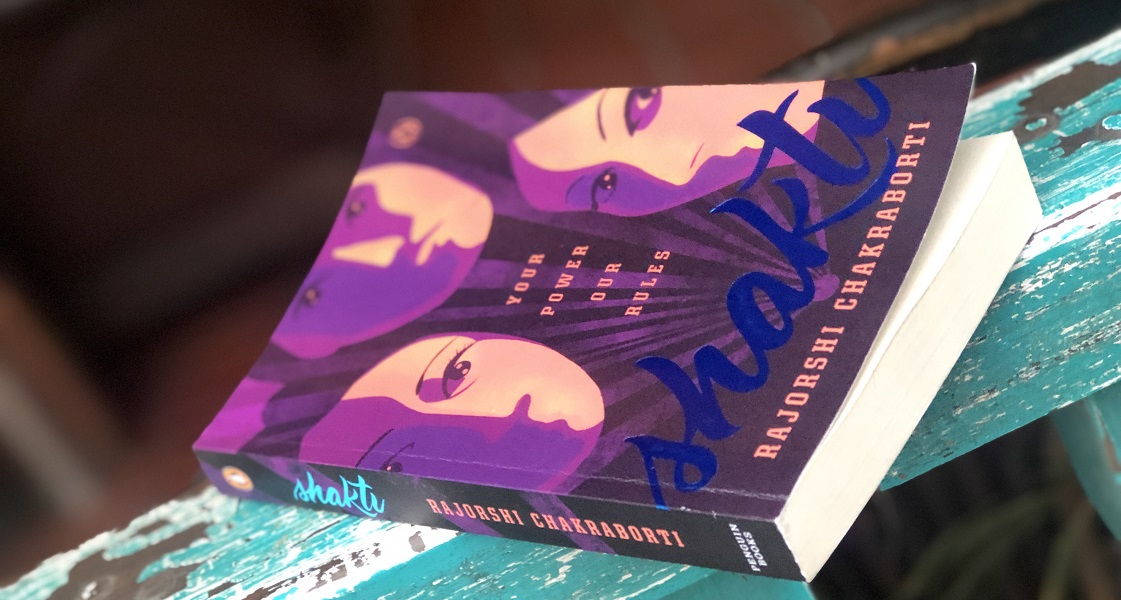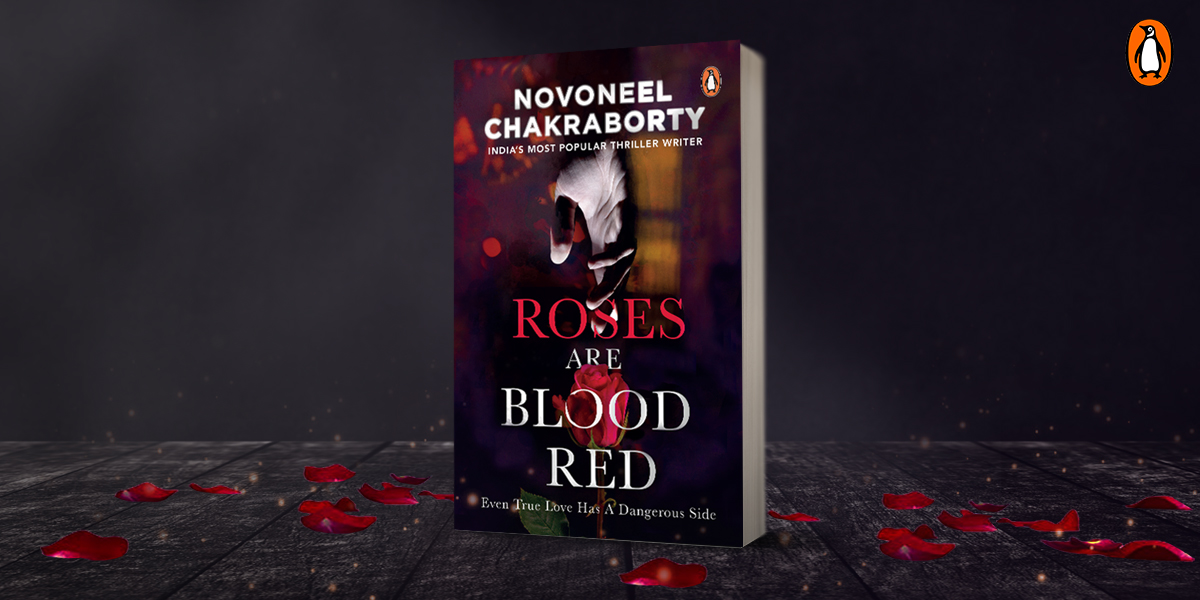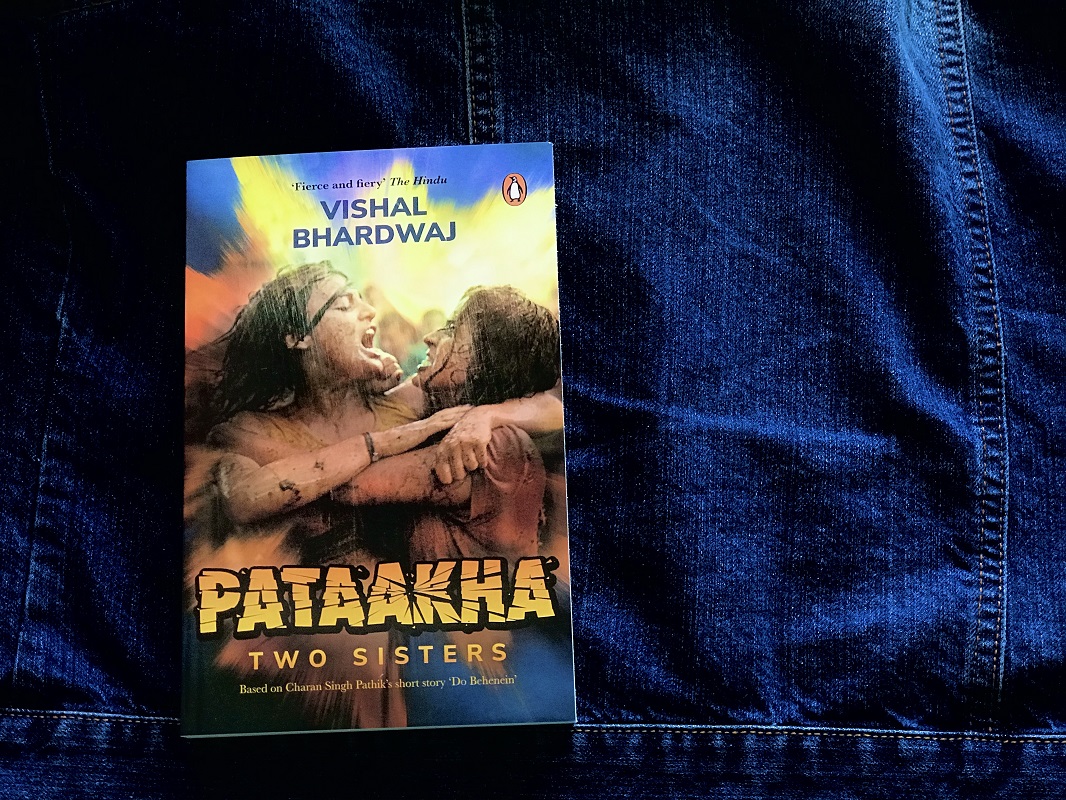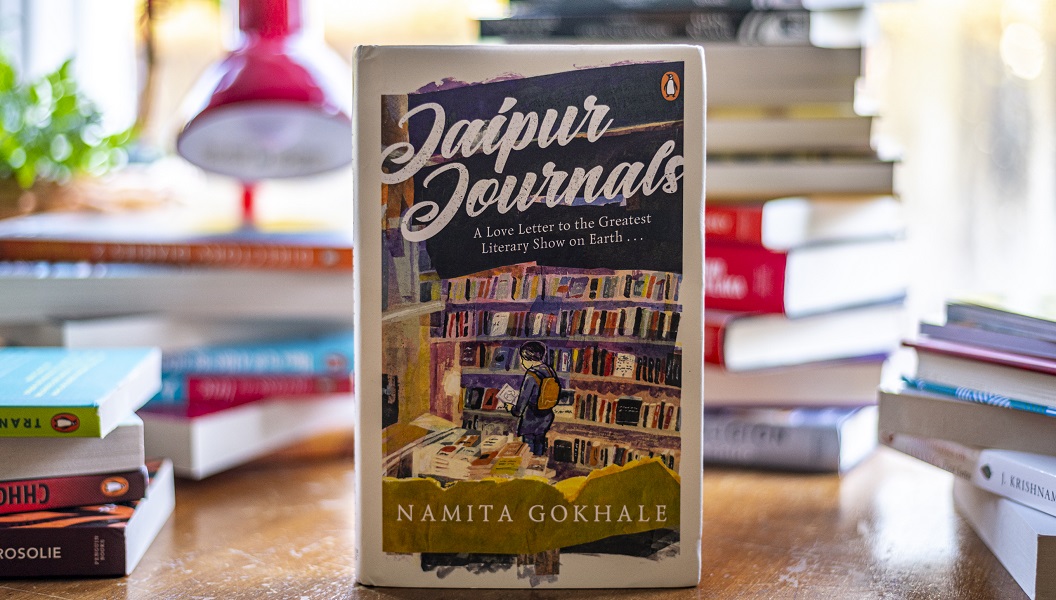This Valentine’s Day, love thy neighbour, love thy friend, love this world, because love knows no end.
The day to celebrate love is here, and what better way than to combine your love for books and reading with lines of love from the best writers on the subject?
Here, we bring to you some of the best-loved quotes from some of our best-loved authors. Featuring quotes from new releases – such as The World Between Us by Sara Naveed, Calligraphies of Love by Hassan Massoudy, Dearest George by Alicia Souza, With Love as well as The Little Book of Everything by Ruskin Bond – as well as older books, we’re sure you’ll feel the magic of the day.
The World Between Us by Sara Naveed
‘I was madly, passionately and irrevocably in love with her, and I was ready to do anything to stay close to her.’
Calligraphies of Love by Hassan Massoudy
‘Love gives naught but itself and takes naught but from itself.
Love possesses not nor would
it be possessed;
For love is sufficient unto love.’
Kahlil Gibran (1883–1931)
Dearest George by Alicia Souza

With Love: A Collection of Letters by Terribly Tiny Tales
‘You sent me a rose for every year we had been together, then asked me to marry you again. It’s annoying how you always one-up me every Valentine’s.’ – To Whoever Reads This by Shruti
The Little Book of Everything by Ruskin Bond
‘No words heal better than the silent company of a friend.’
Love Like That and Other Stories
‘That kiss changed everything for me; it brought about some sort of a chemical, biological change, and I knew I could never be the same person again. The gentle winter breeze changed me, making me forget the girl that I had been, and the kinship that I felt for Rahul, borne out of a constant companionship, had transformed in a matter of mere seconds into love.’ – Thirty Days to Live by Ira Trivedi
Can Love Happen Twice by Ravinder Singh
‘Love, like life, is so insecure. It moves in our lives and occupies its sweet space in our hearts so easily. But it never guarantees that it will stay there forever. Probably that’s why it is so precious.’
I Too Had a Love Story by Ravinder Singh
‘On my computer screen
Gazing at her picture
I found myself falling with the rising heights
Falling in Love with her
Couldn’t resist saying—I love you
The madness added
When the picture said it too’
Love Among the Bookshelves by Ruskin Bond
‘I hereby confess that I am in love with books, and bookshelves are good places to keep them, if not hide them.’
World’s Best Boyfriend by Durjoy Datta
‘That’s the cliché about love. You don’t choose it. It chooses you.’
The Boy Who Loved by Durjoy Datta
‘Unlike then, now we know time’s running out so we don’t hold back on words. We tell each other we love each other more freely, without feeling shy, we hold each other’s hand more tightly, we clutch each other with more authority, exercise more control over each other.’
The Boy with a Broken Heart by Durjoy Datta
‘”You have what no one else did in the family,” I heard Manish Chachu say. “You had the courage to love and be with the person you loved. We are all cowards but not you.”‘
Will You Still Love Me by Ravinder Singh
‘Love will happen again. You have to be open to it. In our times, love followed arranged marriages.’
Love Will Find a Way by Anurag Garg
‘There was confidence in her voice. “I love appreciation. It helps me connect to the source of a person, sometimes even their heart. Like they say, beauty lies in the eyes of the beholder, so I love to connect with the beholder’s eyes, not the beauty—the source rather than the observation.”‘
The Girl Who Knew Too Much by Vikrant Khanna
‘I always thought love was a game. You got to win it. But love is not a game. Love is sacrifice. Love is letting go. And above all, love is dreaming the impossible, like bringing back a dead man.’
Ninety-Seven Poems
‘And that’s when I learnt that we have types of love.
There’s an
I love pink, I love dogs, I love fries type of love.
An I love books, I love coffee,
I love smiles type of love.
There’s an ‘I love this song’ type of love.
There’s an ‘I’d really love to kill you’ type of love.
And then . . . there’s the different type of love.’
-a different type of love by Jenai Dalal
Half-torn Hearts by Novoneel Chakraborty
‘Rare men give the rarest kind of pain and the rarest kind of pleasure. When you love a rare man like that you are proud to be a woman in a way that is also rare.’
Wish I Could Tell You by Durjoy Datta
‘Karishma said, “I really loved him at one point. I really, really loved him. Sometimes when I look back and think how devoted I was to him, I feel surprised. We are capable of so much more love when we are younger.“‘
She Friend-Zoned My Love by Sudeep Nagarkar
‘Sometimes we expect a lot from others because we are willing to do that much for them.’
The Secrets We Kept by Sudeep Nagarkar
‘Love can make a person do things he would never have contemplated doing before. A boy who couldn’t write an essay for an English examination was writing an apology letter to woo his beloved.’
Love Knows no LOC by Arpit Vageria
‘You showed me that there’s beauty even in the darkness as long as there’s someone who truly loves me. I’m glad to have you in my life. Mere words cannot express how much I love you.’
Something I Never Told You by Shravya Bhinder
‘All I can say to you is that just because of something which happened in the past, do not stop believing in love, do not stop looking for love, do not stop loving . . .’
House of Stars by Keya Ghosh
‘My father keeps telling me that I am too young to even understand what love is. I keep telling him that Romeo was sixteen and Juliet was fourteen. I think grown- ups forget what they were like at our age. They don’t remember that they knew love.’
In My Heart by Nandana Dev Sen
‘“After I came out of your hearts,
did your hearts become small again?”
“No,” said Papa. “When you come out of someone’s heart, a part of you always stays in it, making it even bigger.”‘
Across the Line by Nayanika Mahtani
‘A dull ache throbbed in her heart. A yearning for something that should have been hers to hold and love but which she now knew was not to be. All she felt was an emptiness. A clawing, hollow emptiness. And then, everything went dark.’
Which one will you be picking up this Valentines Day?








